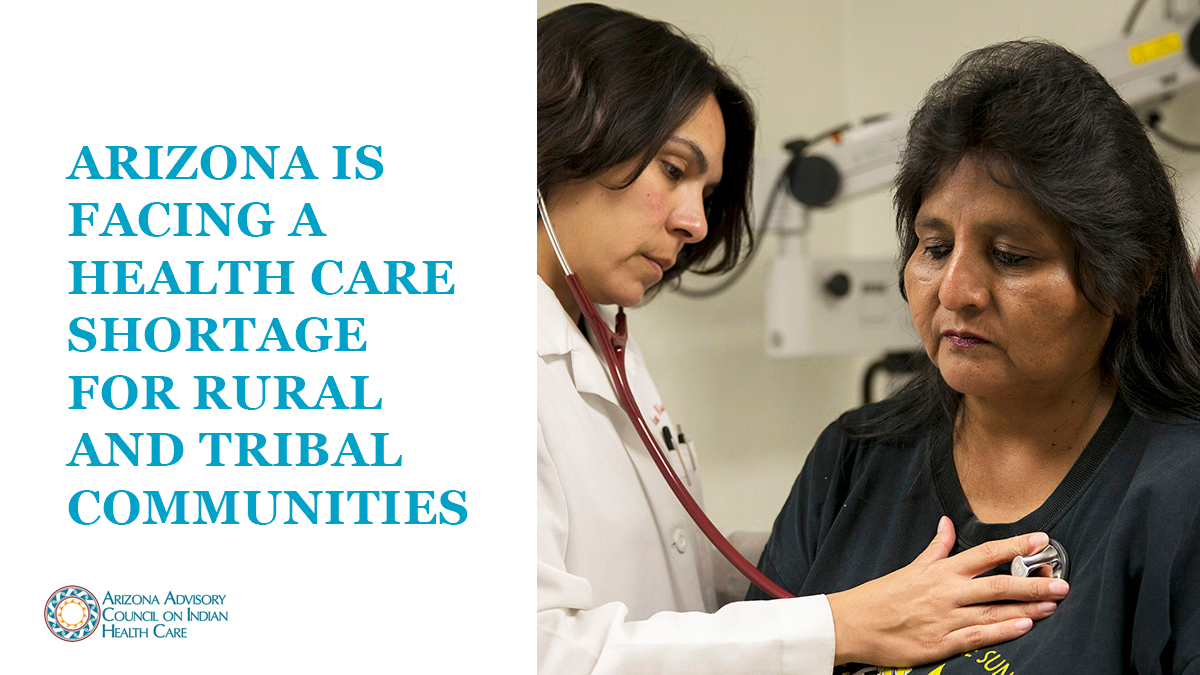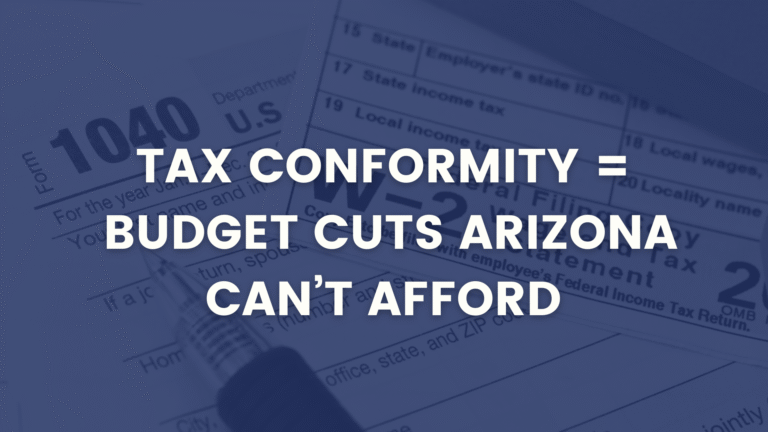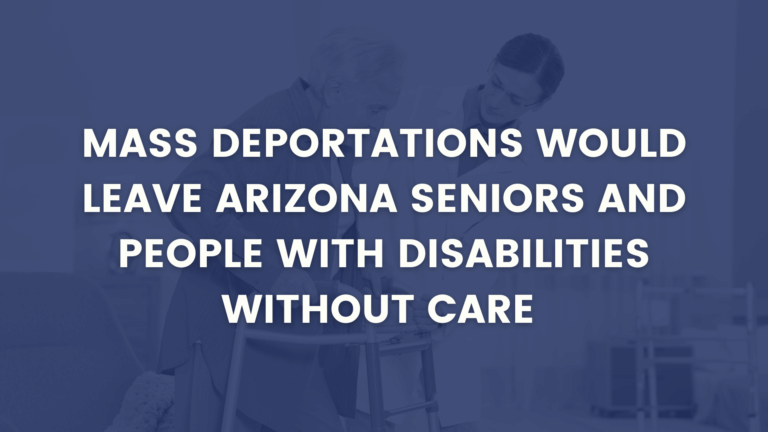
HB2494/SB1301: Investing in a Healthy Workforce and Healthcare System for American Indians in Arizona
Ensuring that Arizonans have affordable, accessible health care is critical to recovering from the pandemic and the long-term success of our state’s economy.
The COVID-19 pandemic’s disproportionate and devastating harm to American Indian communities is a direct consequence of the chronic underfunding of Indian Health Service and the state’s disinvestment in Indian Country. Limited access to health services, shortage of practitioners, and inadequate housing, water supplies, and other infrastructure have left tribal communities vulnerable to the COVID-19 pandemic and ill-equipped to meet the needs of the population.
Today, American Indians represent 5.3% of the state’s population but only represent 1% of Nurses, 2% of Licensed Practical Nurses, and less than 1% of medical students. American Indians are more likely to live in Health Professional Shortages Areas (HPSA) in Arizona and 39% of American Indians adults report not having a personal doctor or health care provider, compared to 29% of Arizona. The crisis and the underlying conditions tribal communities are facing demonstrate the need for a robust and comprehensive health care system that is fully staffed to meet the needs of all communities.
HB2494 (Representative Jermaine) /SB1301 (Senator Shope): These bills work to address longstanding disparities in access to quality health care for American Indians by creating a sixth Area Health Education Center. This bill will generate economic opportunities and create a culturally responsive and representative pipeline of future health care workers at IHS, Tribal 638, and Urban Indian Health Centers.



